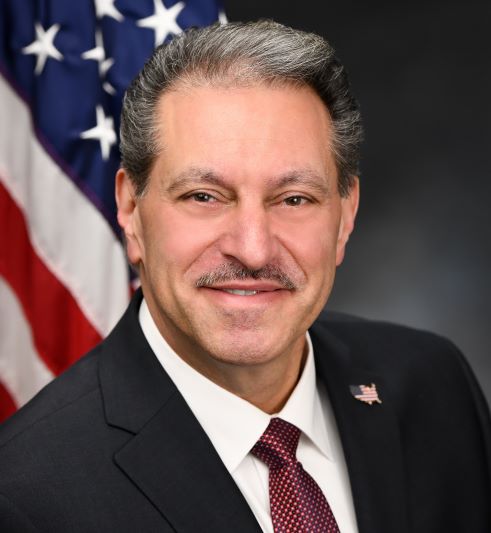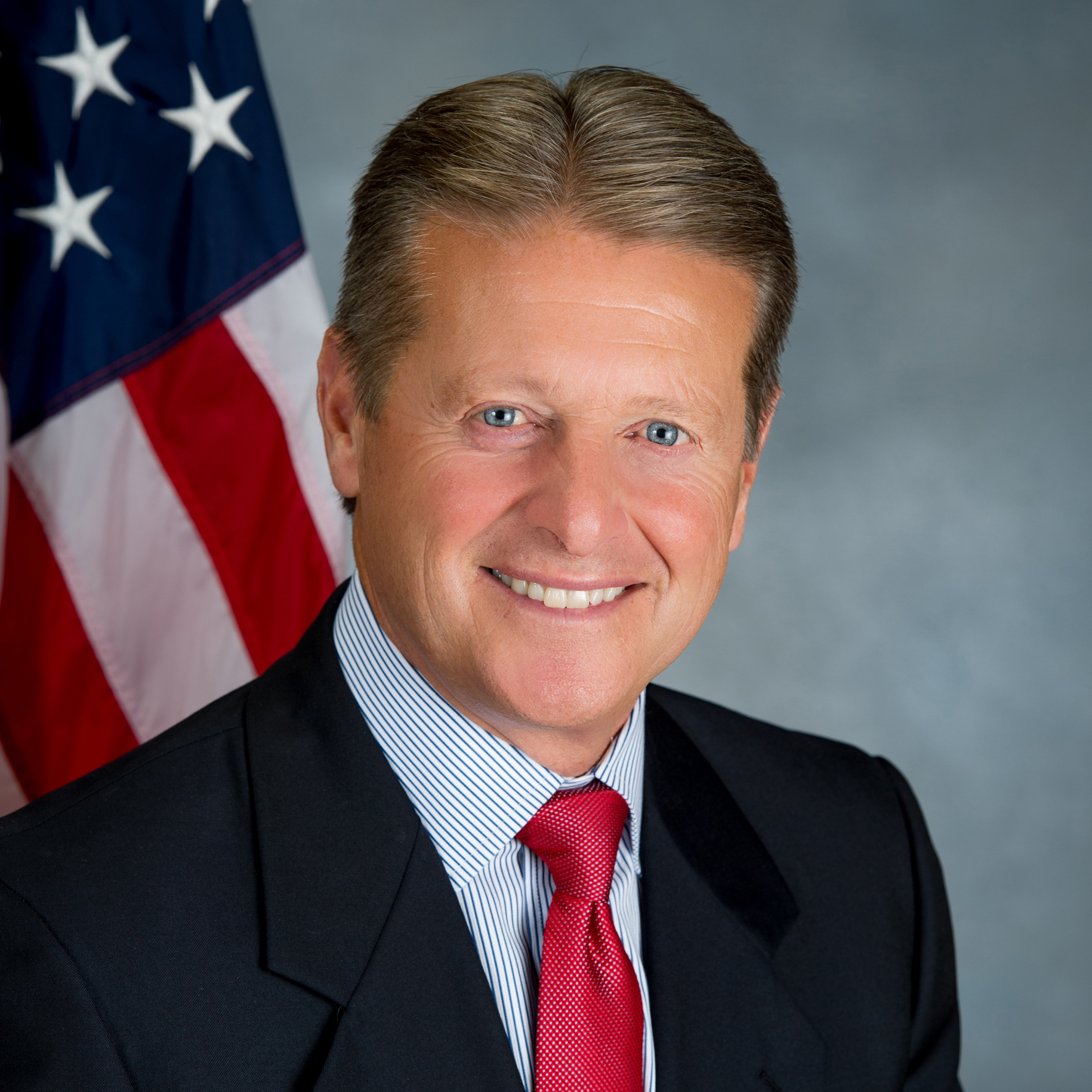S T A T E O F N E W Y O R K
________________________________________________________________________
2264
2025-2026 Regular Sessions
I N S E N A T E
January 16, 2025
___________
Introduced by Sen. COONEY -- read twice and ordered printed, and when
printed to be committed to the Committee on Civil Service and Pensions
AN ACT to amend the civil service law, in relation to resolution of
disputes in the course of collective negotiations
THE PEOPLE OF THE STATE OF NEW YORK, REPRESENTED IN SENATE AND ASSEM-
BLY, DO ENACT AS FOLLOWS:
Section 1. Paragraph (a) of subdivision 5 of section 209 of the civil
service law, as amended by chapter 814 of the laws of 2021, is amended
to read as follows:
(a) In the event that the board certifies that a voluntary resolution
of the contract negotiations between either (i) the New York city trans-
it authority (hereinafter referred to as TA-public employer) and the
public employee organization certified or recognized to represent the
majority of employees of such TA-public employer, or (ii) the metropol-
itan transportation authority, including its subsidiaries, the New York
city transit authority, including its subsidiary, and the Triborough
bridge and tunnel authority (all hereinafter referred to as MTA-public
employer) and a public employee organization certified or recognized to
represent employees of such MTA-public employer not subject to the
jurisdiction of the Federal Railway Labor Act and not subject to the
provisions of subparagraph (i) of this paragraph, which has made an
election pursuant to paragraph (f) of this subdivision, or (iii) the
Niagara Frontier transportation authority, INCLUDING ITS SUBSIDIARIES,
the Rochester-Genesee regional transportation authority, INCLUDING ITS
SUBSIDIARIES, the capital district transportation authority, INCLUDING
ITS SUBSIDIARIES, and the central New York regional transportation
authority, INCLUDING ITS SUBSIDIARIES, (all hereinafter referred to as
upstate TA-public employer) and the public employee organization certi-
fied or recognized to represent the employees of such upstate TA-public
employer, cannot be effected, or upon the joint request of the TA-public
employer, the MTA-public employer (hereinafter jointly referred to as
EXPLANATION--Matter in ITALICS (underscored) is new; matter in brackets
[ ] is old law to be omitted.
LBD03569-01-5
S. 2264 2
public employer) or the upstate TA-public employer and any such affected
employee organization, such board shall refer the dispute to a public
arbitration panel, consisting of one member appointed by the public
employer, one member appointed by the employee organization and one
public member appointed jointly by the public employer and employee
organization who shall be selected within ten days after receipt by the
board of a petition for creation of the arbitration panel. If either
party fails to designate its member to the public arbitration panel, the
board shall promptly, upon receipt of a request by either party, desig-
nate a member associated in interest with the public employer or employ-
ee organization [he] SUCH MEMBER is to represent. Each of the respective
parties is to bear the cost of its member appointed or designated to the
arbitration panel and each of the respective parties is to share equally
the cost of the public member. If, within seven days after the mailing
date, the parties are unable to agree upon the one public member, the
board shall submit to the parties a list of qualified, disinterested
persons for the selection of the public member. Each party shall alter-
nately strike from the list one of the names with the order of striking
determined by lot, until the remaining one person shall be designated as
public member. This process shall be completed within five days of
receipt of this list. The parties shall notify the board of the desig-
nated public member. The public member shall be chosen as [chairman]
CHAIR.
§ 2. This act shall take effect immediately; provided, however, that
the amendments to paragraph (a) of subdivision 5 of section 209 of the
civil service law made by section one of this act shall not affect the
expiration of such subdivision and shall be deemed to expire therewith.


